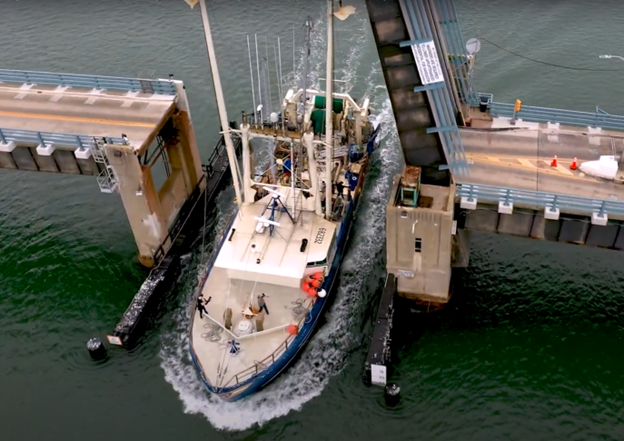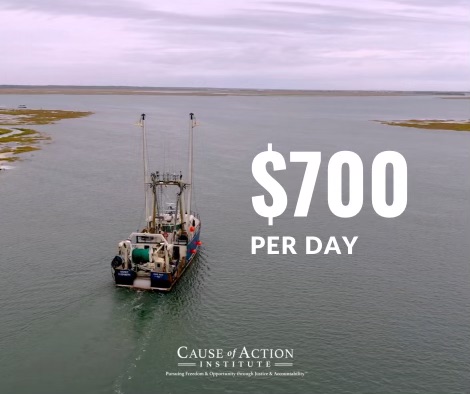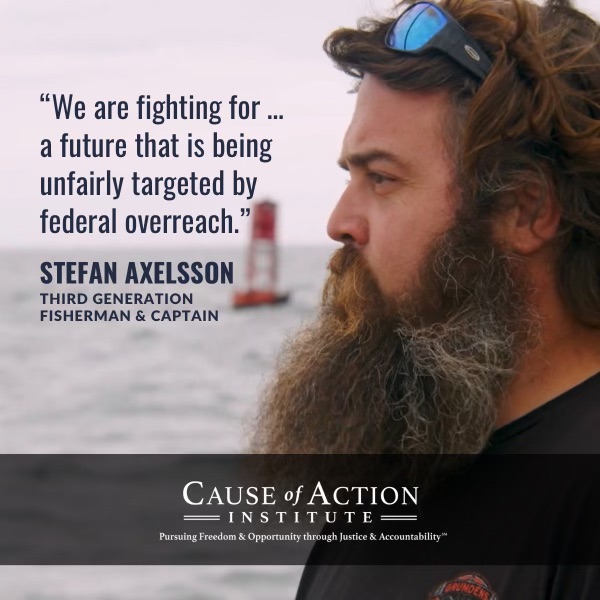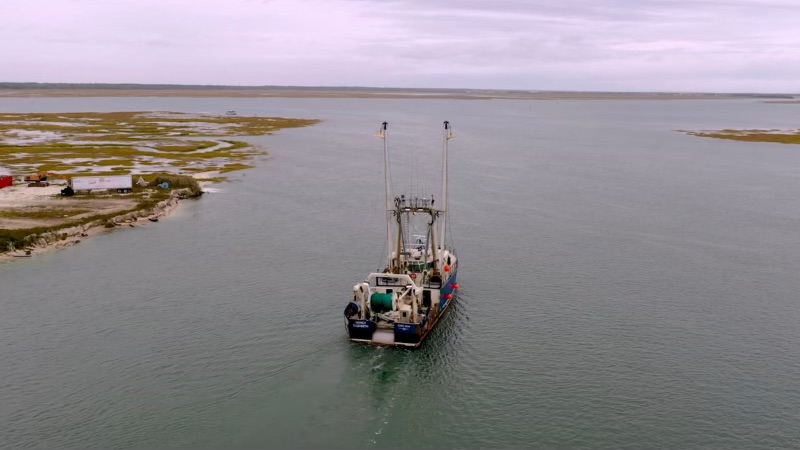IMMEDIATE RELEASE
Contact: James Davis, james@touchdownstrategies.com, (703) 635-5600
Contact: James Valvo, media@causeofaction.org
* * *
18 State Attorneys General File Amicus Brief
Urging SCOTUS Review of Chevron Deference
14 amicus briefs filed by 39 organizations, individuals, and states
WASHINGTON, DC, December 18, 2022—Eighteen state attorneys general urged the U.S. Supreme Court Thursday to limit Chevron deference “in a way that is consistent with the separation of powers and the principles of federalism. Otherwise, it’s time to toss it.”
The attorneys general’s request is just one of 14 amicus briefs filed by 39 organizations, individuals, and states in the case of New Jersey fishermen challenging an unlawful federal mandate that requires Atlantic herring fishermen to pay more than $700 per day for monitors to ride their boats, observe their activities, and report to the government.
The fishermen argue Congress never granted the National Oceanic and Atmospheric Administration the authority to force fishermen to pay for monitors. The D.C. Circuit Court of Appeals ruled against the fishermen citing Chevron deference, which requires courts to defer to federal agencies when congressional intent in ambiguous.
Former U.S. Solicitor General Paul Clement and attorneys from Cause of Action Institute petitioned the Court in November to hear the fishermen’s case (Loper Bright Enterprises, Inc. v. Gina Raimondo) and to overrule Chevron. They argue Chevron undermines congressional authority and the judiciary’s responsibility to interpret law.
Other organizations, individuals, and businesses filing amicus briefs include:
- Advancing American Freedom
- America First Legal Foundation
- Buckeye Institute
- Cato Institute
- Center for Constitutional Jurisprudence
- Christian Employers Alliance
- Competitive Enterprise Institute
- Independent Women’s Law Center
- Liberty Justice Center
- Manhattan Institute
- National Federation of Independent Businesses
- New England Legal Foundation
- Pacific Legal Foundation
- Pelican Institute
- Right to Work Legal Defense Foundation, Inc.
- Southeastern Legal Foundation
- Fishing industry participants David Goethel and John Haran
- Fishing businesses Relentless Inc., Huntress Inc., and Seafreeze Fleet LLC
“This tremendous support highlights the broad agreement that the Supreme Court needs to revisit Chevron and ensure federal agencies do not usurp the constitutional authorities reserved for Congress and the courts,” James Valvo, executive director of Cause of Action Institute, said.
The federal government response to the fishermen’s petition is due January 17, 2023.
You can find the complete list of amicus briefs here.
Additional information about the fishermen’s case can be found here.






